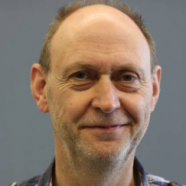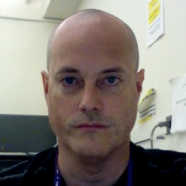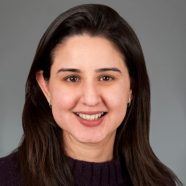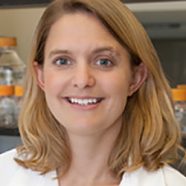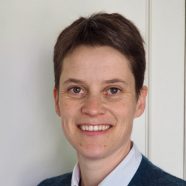December 14, 2019
Ben Philpot, Ph.D. – University of North Carolina-Chapel Hill Heather Hazlett, Ph.D. – Carolina Institute of Developmental Disabilities at University of North Carolina-Chapel Hill Ron Thibert, M.D. – Massachusetts General Hospital $295,970 (2 years) This unique research project is the […]
Read more
December 14, 2019
$199,705 (2 years) This research project aims to identify and characterize proteins in the brain that are affected by the absence of UBE3A. These proteins serve an unknown purpose in brain development. This research will help provide insight into how […]
Read more
December 14, 2019
$200,000 (2 years) At approximately two weeks of age in a proven AS mouse model, there is an increase in the expression and subsequent activity of a specific molecule prior to other molecules in the AS brain, which results in […]
Read more
December 14, 2019
$198,948 (2 years) The overarching goal of this research is to generate evidence to guide families on the appropriate selection and use of speech generating devices (SGDs) that may help individuals with AS better communicate. The researchers will conduct a […]
Read more
December 14, 2019
$200,000 (2 years) This research study builds upon previous ASF-funded research conducted by Dr. Art Beaudet at Baylor College of Medicine and will determine whether a drug that increases UBE3A expression can restore normal function to human AS brain cells. […]
Read more
December 14, 2019
$181,800 Many families of individuals with Angelman syndrome express concern to their doctors about anxiety in their loved one. However, very little is understood about anxiety in individuals with AS at the clinical level. Many clinicians feel that once physical […]
Read more
December 14, 2019
Dr. Geeske Van Woerden and her lab will research the best time to correct certain symptoms of AS when Ube3a is restored in a mouse model. Overall, the research team attempts to answer the question: can certain behaviors or symptoms […]
Read more
December 14, 2019
$200,000 Based on previous research conducted at Dr. Mark Zylka’s lab and Dr. Ben Philpot’s lab, Dr. Zylka’s team will continue this work with the goal of unsilencing the paternal copy of Ube3a using new methods. Past research has shown […]
Read more


